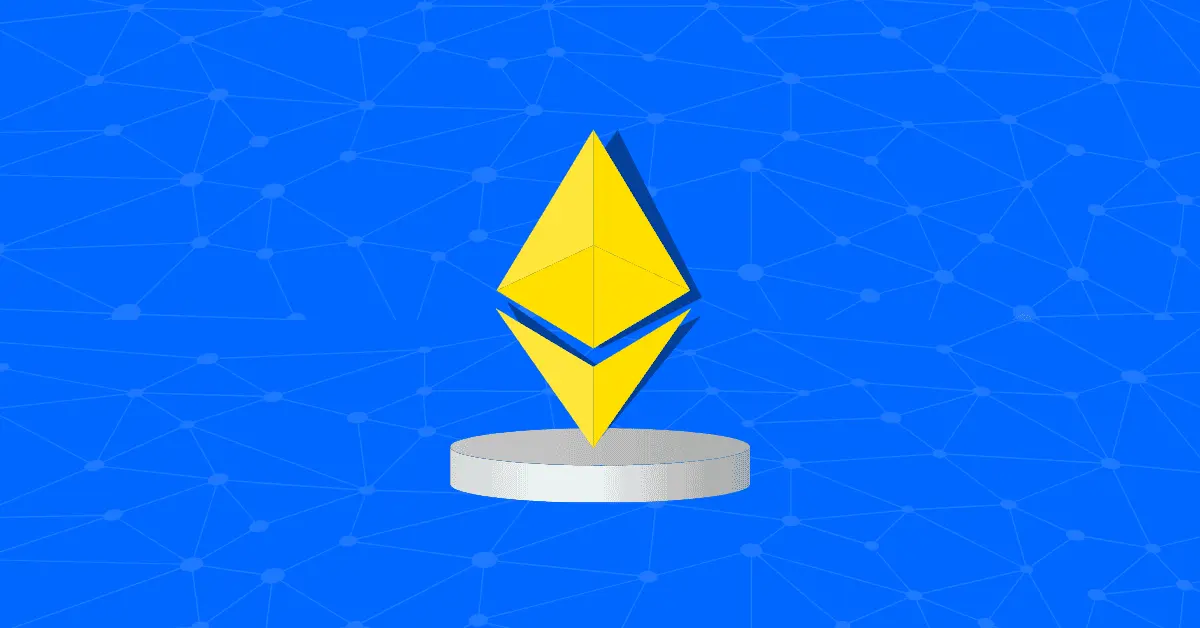
Imagine a world where you don’t need banks to send money, lawyers to make contracts, or middlemen to control your digital life. That’s the world Ethereum is building. It’s not just another cryptocurrency; it’s a whole new way to run the internet. Let’s dive deep into Ethereum, understand how it works, and where it’s headed.
Ethereum is a decentralized platform that allows developers to build applications without relying on a central authority. Unlike Bitcoin, which is mainly a digital currency, Ethereum is more like a giant, global computer that runs programs known as smart contracts.
Think of Ethereum as an app store. But instead of Apple or Google controlling which apps can run, Ethereum is open to everyone. No single company or government can shut it down. This makes it a game-changer for finance, gaming, real estate, and many other industries.
Let’s break this down further with an example: Imagine you want to bet with a friend on a football game. Normally, you’d need a trusted third party to hold the money and distribute it to the winner. With Ethereum, a smart contract can handle everything automatically. No need to trust a person or a company – the code takes care of it.
Ethereum was created by Vitalik Buterin, a young programmer who saw the limitations of Bitcoin. While Bitcoin was great for sending money, it wasn’t flexible enough to handle complex applications. In 2013, Buterin proposed Ethereum as a new blockchain that could run any program.
Ethereum officially launched in 2015, and it quickly became the second-largest cryptocurrency after Bitcoin. Over the years, it has gone through multiple upgrades, improving security, scalability, and efficiency.
Ethereum is still evolving, and its future looks even more promising.
Ethereum runs on a blockchain – a digital ledger that records all transactions. But it does much more than just store payments. It can run smart contracts, which are self-executing pieces of code.
Let’s take an example: Suppose you rent an apartment. Instead of signing a paper contract, you can use a smart contract on Ethereum. Once you send the deposit in ETH, the contract automatically grants you access to the apartment. If you don’t pay rent on time, access is revoked. No need for a landlord to intervene – the contract does everything.
This is why Ethereum is so powerful. It removes the need for middlemen in everyday transactions.
Ethereum is revolutionary, but it’s not perfect. Let’s look at both sides of the coin.
The good news? Ethereum developers are working on solutions like Layer 2 scaling (Optimism, Arbitrum) and sharding to make transactions cheaper and faster.
Ethereum has already come a long way, but the best is yet to come. Here are some key developments on the horizon:
The big question is: Will Ethereum dominate the digital economy? Only time will tell, but it’s clear that Ethereum is here to stay.
Solana is often compared to Ethereum because it’s faster and has lower fees. But is it safer?
While Solana is a promising competitor, Ethereum remains the most secure and widely adopted blockchain for smart contracts.
Ethereum is changing the way we interact with money, contracts, and even the internet. From smart contracts to decentralized apps, it’s a powerful tool that removes middlemen and gives control back to users.
But it’s not without challenges – high fees, scalability issues, and competition from blockchains like Solana. However, with ongoing upgrades and innovations, Ethereum is set to remain a leader in the blockchain space.
So, the next time you hear about Ethereum, you’ll know it’s not just a cryptocurrency. It’s the foundation of a new, decentralized world. And we’re just getting started!
Ethereum is a blockchain platform that supports decentralized apps (DApps) and smart contracts, using Ether (ETH) as its currency.
Smart contracts are self-executing agreements where terms are written in code, automating processes without intermediaries.
While Bitcoin is digital money, Ethereum is a blockchain platform for decentralized apps, smart contracts, and digital assets like NFTs.
Ethereum 2.0 is an upgrade to Ethereum’s blockchain, shifting to Proof of Stake (PoS) for energy efficiency, scalability, and security improvements.
The meme coin market has been through a rough stretch, with SHIB and PEPE both…
In the recent downtrend, as crypto assets struggle amid war tensions, Vitalik Buterin, Ethereum Co-Founder,…
With ongoing global geopolitical tensions, cryptocurrency market volatility has intensified. As a core asset for…
The bitcoin price prediction conversation just shifted in a way that changes the math on…
On March 4, US President Donald Trump officially nominated Kevin Warsh as Chairman of the…
The cryptocurrency market staged a strong rally today, with Bitcoin climbing past $73,000 and lifting…